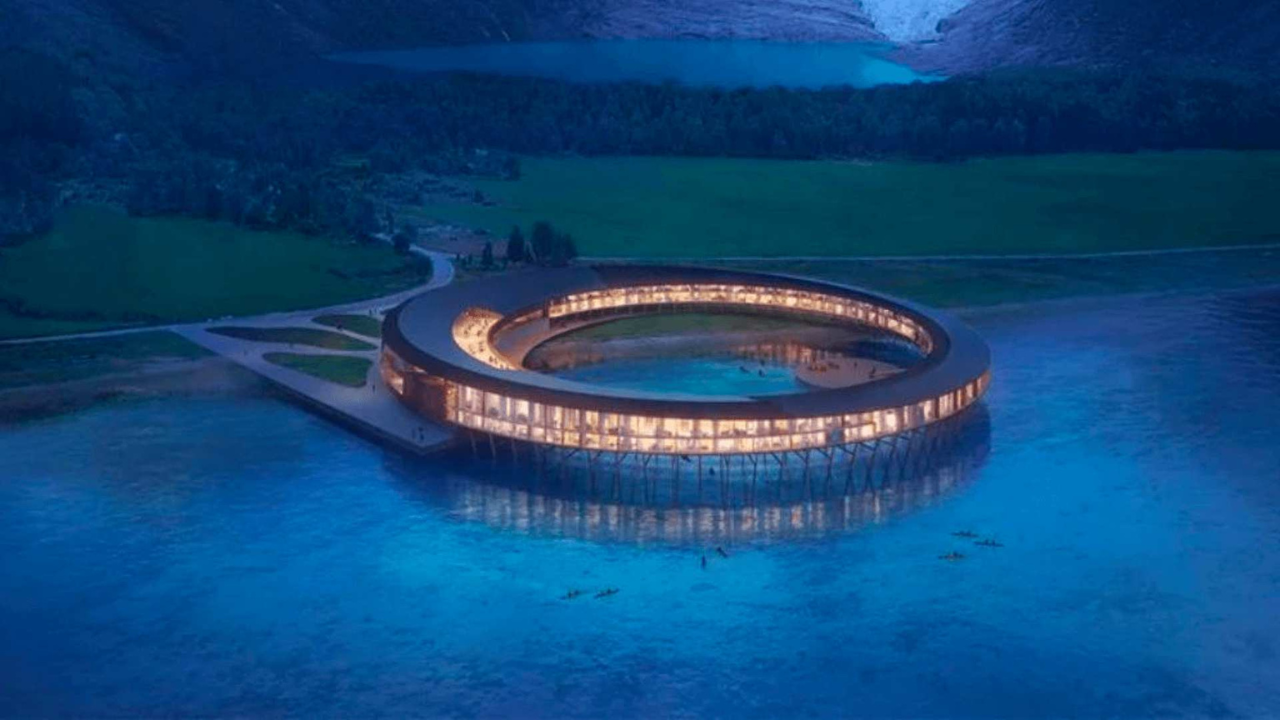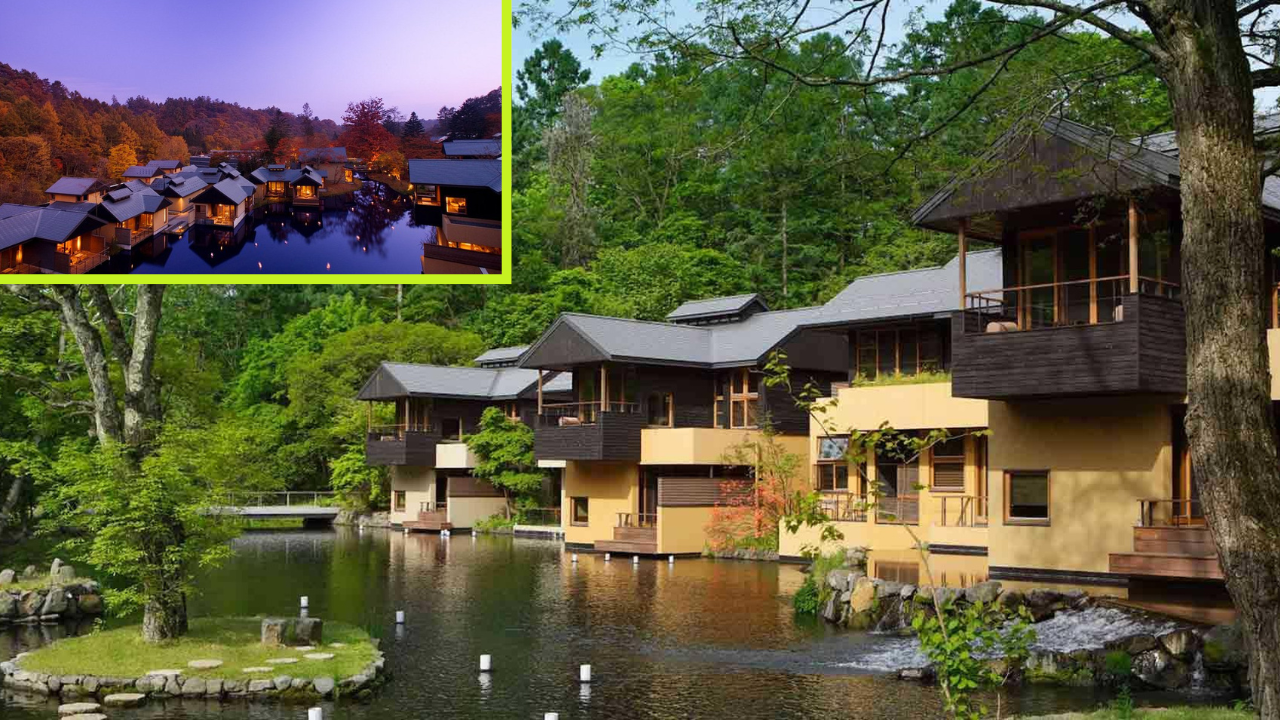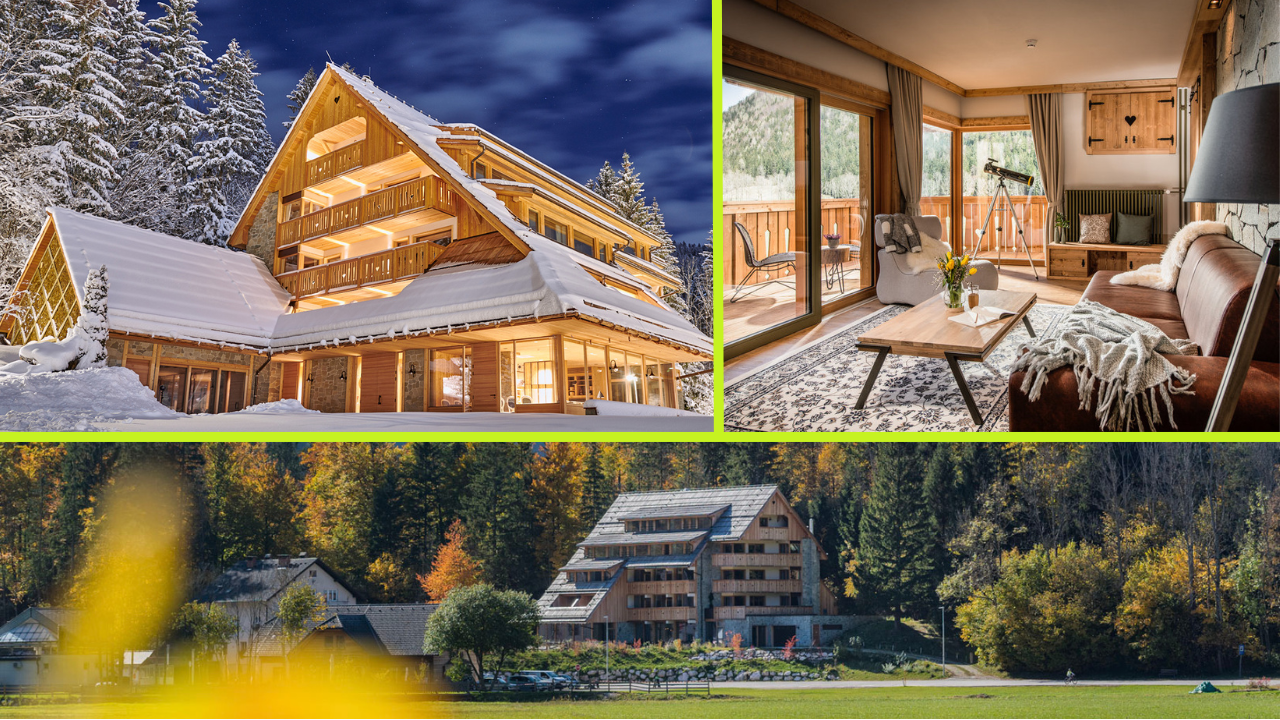As the climate crisis becomes more urgent, travelers are taking responsibility for their environmental impact. One of the most meaningful ways to reduce your travel footprint is by staying at a carbon-neutral hotel. These properties are designed to minimize greenhouse gas emissions through sustainable operations, renewable energy, and verified carbon offsets.
Choosing the right net-zero hotel isn’t just about ticking an eco-friendly box—it’s about aligning your values with your vacation. From energy-efficient architecture to support for local ecosystems, green accommodations provide comfort without compromise.
According to Sustainable Travel International, tourism contributes to nearly 8% of global carbon emissions, and lodging plays a significant role in this figure. By choosing carbon-neutral hotels, travelers help push the hospitality industry toward more responsible operations—while enjoying premium amenities that make sustainability a luxury.
This guide will help you understand what makes a hotel carbon-neutral and how to book one for your next trip.

What Is a Carbon-Neutral Hotel?
A carbon-neutral hotel either avoids producing emissions entirely or offsets its unavoidable emissions through certified carbon offset programs. The goal is to achieve net-zero emissions across all operations—from heating and lighting to food sourcing and guest transportation.
Key Elements of Carbon Neutrality
- Use of renewable energy sources like solar or wind
- Efficient energy systems (e.g., LED lighting, smart HVAC)
- Sustainable waste and water management
- Purchase of certified carbon credits to offset remaining emissions
Many carbon-neutral hotels also integrate regenerative practices, such as reforestation projects, eco-farming, or marine conservation. Some go beyond carbon neutrality to become climate-positive, removing more CO₂ than they emit.

Why It Matters
Tourism accounts for roughly 8% of global carbon emissions, and hotel stays are a major contributor. Choosing a carbon-neutral hotel helps:
- Reduce your personal and collective carbon footprint
- Support companies investing in sustainable innovation
- Preserve local ecosystems and biodiversity
- Promote global goals for net-zero emissions by 2050
According to a 2023 survey by Booking.com, 76% of travelers want to make more sustainable choices, and 43% are actively seeking eco-certified accommodations. Supporting carbon-neutral hotels is one of the simplest and most impactful ways to travel responsibly.

How to Identify a Carbon-Neutral Hotel
Finding a truly carbon-neutral hotel requires more than reading a green label. Here are practical tips to make sure the property walks the talk.

1. Look for Certifications
Third-party certifications validate a hotel’s sustainability claims. These accreditations require regular audits and full transparency.
Top Certifications to Trust:
- Green Globe: Covers sustainability across energy, waste, biodiversity, and culture
- EarthCheck: Global standard for travel and tourism sustainability
- LEED Certification: Awarded for eco-conscious building design and operations
- Climate Neutral Certified: Ensures companies offset all carbon emissions
Hotels with these certifications are more likely to follow industry best practices.

2. Ask About Their Carbon Offset Strategy
Some hotels use carbon offsets to balance their footprint—but transparency is key.
Questions to Ask:
- What kind of offsets are used (reforestation, renewable energy, etc.)?
- Are the offsets verified by Gold Standard or Verra (VCS)?
- How frequently are emissions measured, reported, and offset?
Well-managed offsets should be additional, verifiable, and permanent—not vague promises.

3. Check Their Energy Sources and Efficiency
A hotel’s energy profile is a huge determinant of its carbon footprint.
What to Look For:
- Solar panels, wind turbines, or renewable energy contracts
- Smart lighting and HVAC systems
- Natural ventilation and daylighting in architecture
Some hotels also invest in passive building design, which reduces energy demand by leveraging the local climate.

4. Review Their Waste and Water Management
Carbon-neutral hotels typically go beyond emissions to create a holistic sustainability strategy.
Best Practices Include:
- Composting food waste
- Refillable water stations and glass bottles
- Greywater systems and rainwater harvesting for landscaping
- Bulk amenities instead of single-use plastics in bathrooms
Hotels with transparent waste reduction reports and circular economy efforts show a deeper commitment to sustainability.

5. Explore Local and Ethical Sourcing
Carbon-neutral hotels often prioritize regional ingredients and local partnerships.
What This Supports:
- Reduced emissions from long-haul transportation
- Local economies and small-scale producers
- Authentic guest experiences rooted in local culture
Ask if the hotel sources food and décor from within a 100-mile radius, or supports nearby social enterprises.
Top Examples of Carbon-Neutral Hotels

1. The Green House Hotel – Bournemouth, UK
- 100% renewable energy
- Carbon-neutral certified with extensive waste management
- Eco-conscious design with reclaimed materials and green furniture

2. Svart Hotel – Norway (Opening Soon)
- Aims to be the world’s first energy-positive hotel, generating more energy than it consumes
- Built with sustainable timber and advanced energy modeling
- Will operate off-grid and feature zero waste and circular systems

3. Proximity Hotel – North Carolina, USA
- First LEED Platinum hotel in the U.S.
- Solar-powered water heating and regenerative elevators
- 87% of construction materials sourced locally or recycled

4. Hoshinoya Karuizawa – Japan
- Uses hydroelectric power from nearby rivers
- Implements low-carbon transportation and waste-free dining
- Offers eco-retreat programs and forest therapy

5. Vila Planinka – Slovenia
- Off-grid energy use, carbon-neutral operations
- Local sourcing from nearby farms and vineyards
- Surrounded by protected alpine landscapes

Conclusion
Choosing a carbon-neutral hotel isn’t just a travel decision—it’s a climate action. As the tourism industry continues to evolve, guests have more power than ever to drive demand for sustainable practices.
By asking the right questions, verifying claims, and choosing values-aligned accommodations, you can explore the world while protecting it. The next time you plan a trip, make sustainability part of the journey—starting with where you stay.









